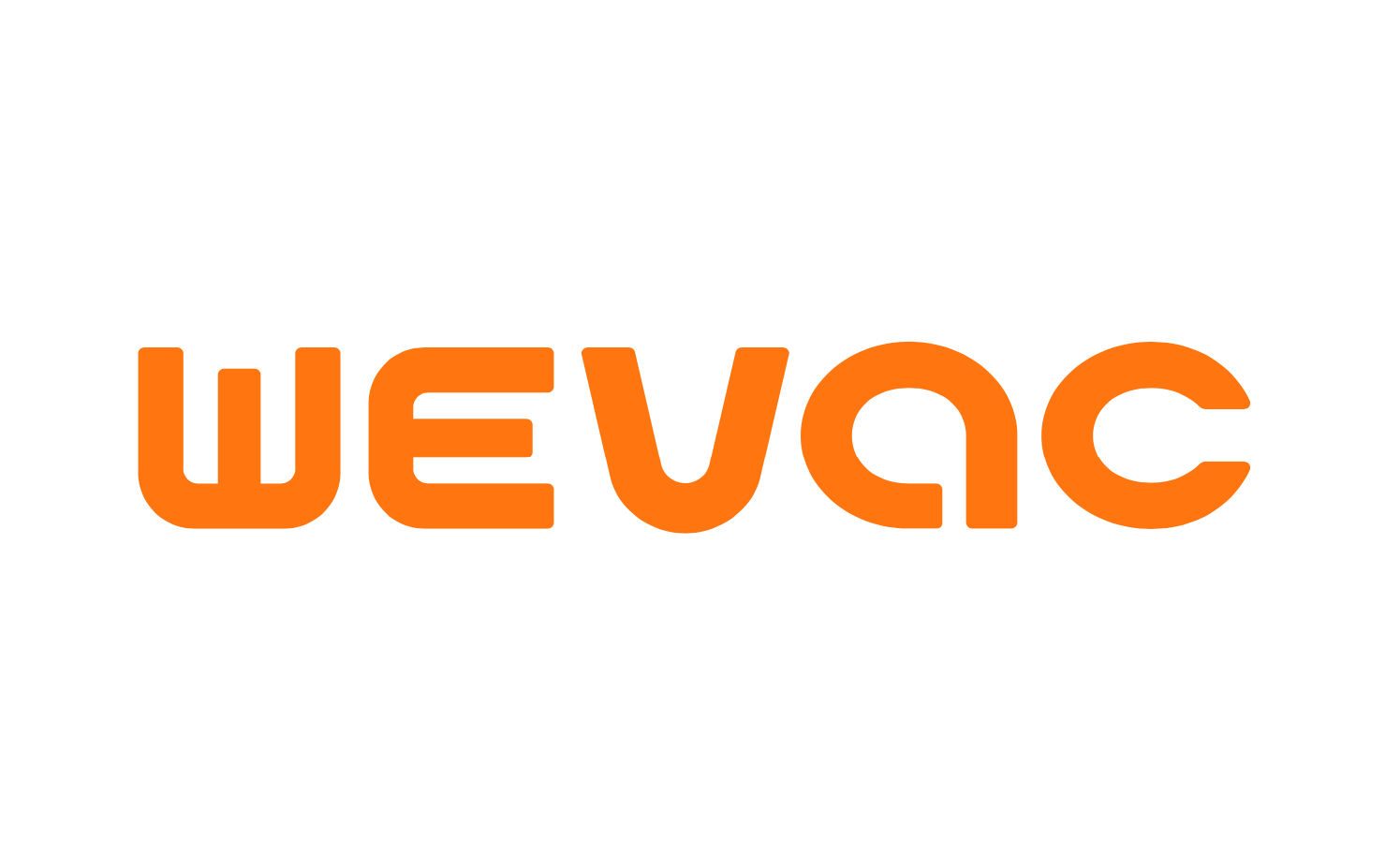What foods should not be vacuum sealed?
Jul 20,2022 | Sharon
Though vacuum packing is a good way to preserve foods and extend their shelf life, some food items are not suitable for this preservation technique or require preprocessing. Read on to learn more about these food items.
Foods That Should Not Be Vacuum Sealed
- Soft cheese
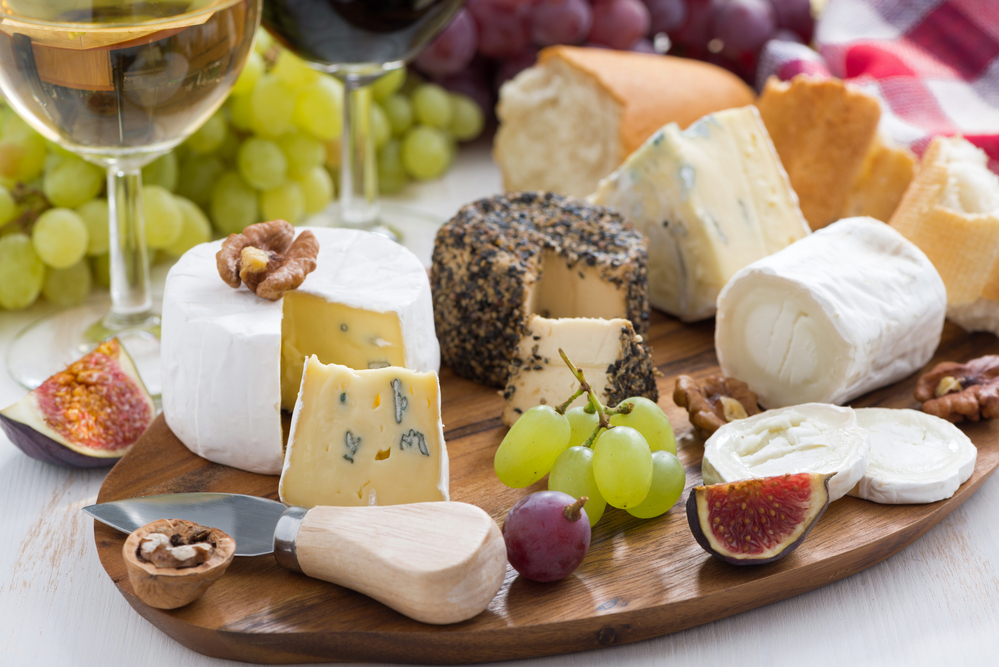
Due to the high moisture of soft cheeses, they are more likely to go bad. When you vacuum seal them, you're locking in the moisture. Over time, moisture inside cheese leads to deterioration and mold growth.
- Garlic and Onions
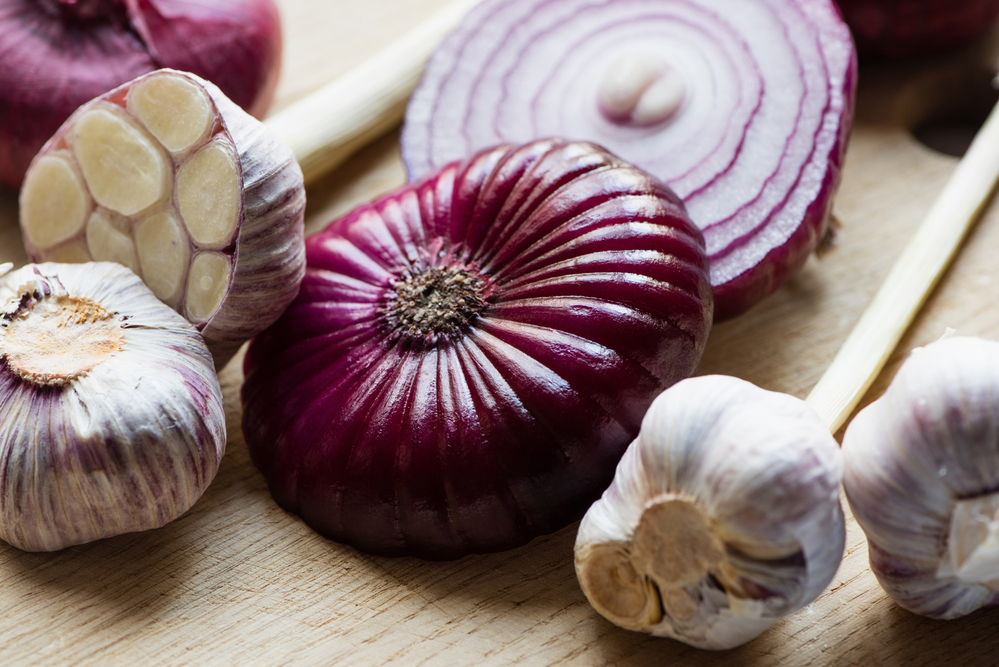
Garlic and onions emit gasses that can cause the vacuum bag to inflate, potentially causing leaks. It is actually faster for onions and garlic to spoil if vacuum-sealed than if they weren't sealed.
Foods That Require Preprocessing Before Vacuum Sealing
- Bananas & Fresh mushrooms
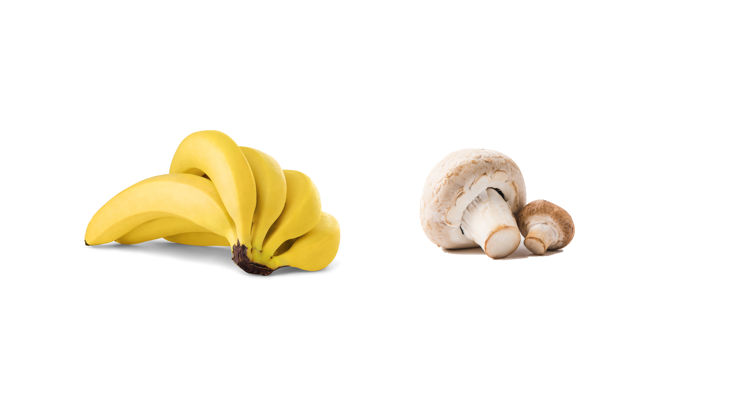
Bananas and mushrooms ripen faster in an anaerobic environment. If you want to extend their shelf life by vacuum packing them, it requires a few steps on your part. For bananas, remove the peels, then vacuum seal and freeze them. For mushrooms, you can freeze them, cook them or dehydrate them before vacuum packaging.
- Cruciferous vegetables
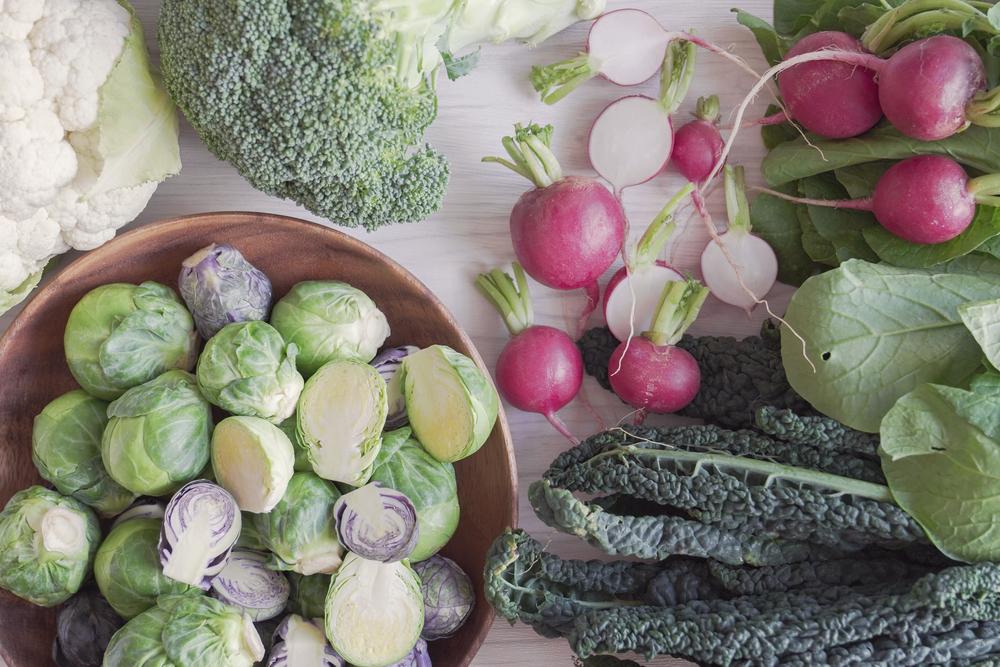
Cruciferous vegetables, such as broccoli, brussels sprouts, cabbage, cauliflower, kale, radishes, and turnips, are among the healthiest produce. However, if they are vacuum sealed directly in the bags, they emit gases over time, which can cause the foods to go bad quickly. Therefore, it's recommended that you blanch them first, pat them dry, and wait for them to cool down. Now, you can vacuum package them and preserve them in the freezer!
